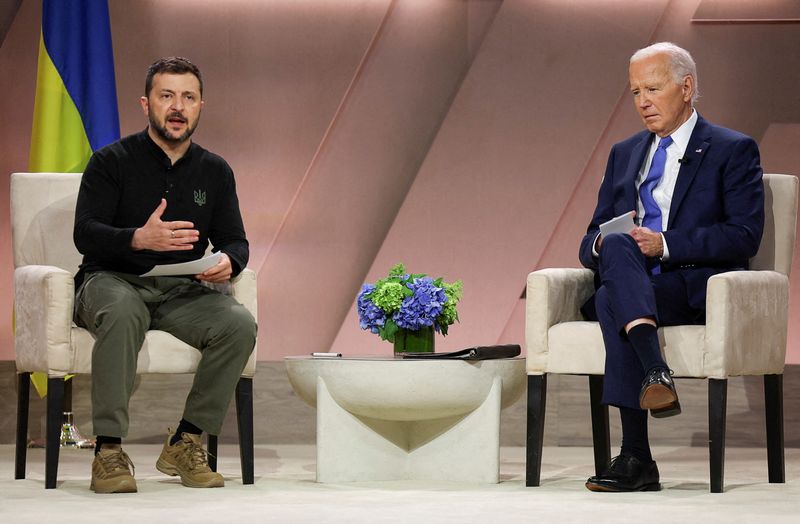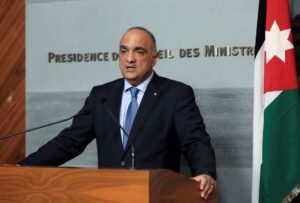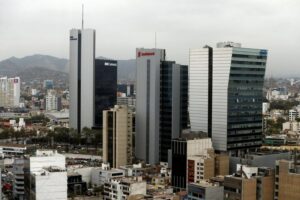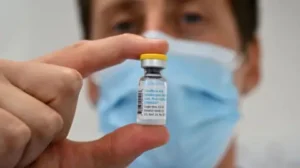Ukraine suffering high losses due to slow arms supplies, says Zelenskiy

(Reuters) – Ukrainian troops are suffering high losses because Western arms are arriving too slowly to equip the armed forces properly, President Volodymyr Zelenskiy told CNN in an interview aired on Sunday.
Russia has been gaining ground in parts of eastern Ukraine including around Pokrovsk. Capture of the transport hub could enable Moscow to open new lines of attack.
Zelenskiy said the situation in the east was “very tough”, adding that half of Ukraine’s brigades there were not equipped.
“So you lose a lot of people. You lose people because they are not in armed vehicles … they don’t have artillery, they don’t have artillery rounds,” said Zelenskiy, speaking in English. CNN said the interview had been conducted on Friday.
Zelenskiy said weapons aid packages promised by the United States and European nations were arriving very slowly.
“We need 14 brigades to be ready. Until now … from these packages we didn’t equip even four,” he said.
White House national security adviser Jake Sullivan on Saturday said Washington was working on a “substantial” new aid package for Ukraine.
Zelenskiy is due to meet with U.S. President Joe Biden this month and will present a plan for ending the war. The main elements are security and diplomatic support, as well as military and economic aid, he said.
The only thing Russian President Vladimir Putin fears is the reaction of his people if the cost of the war makes them suffer, Zelenskiy said. “Make Ukraine strong, and you will see that he will sit and negotiate”.

Zelenskiy will also reiterate to Biden demands for Ukraine to be allowed to use U.S. long-range weapons to strike military targets deep into Russia.
Kyiv needs this permission because Russian jets blasting infrastructure had begun operating up to 500 km (310 miles) from the front lines compared with 150 km earlier, he told CNN.







